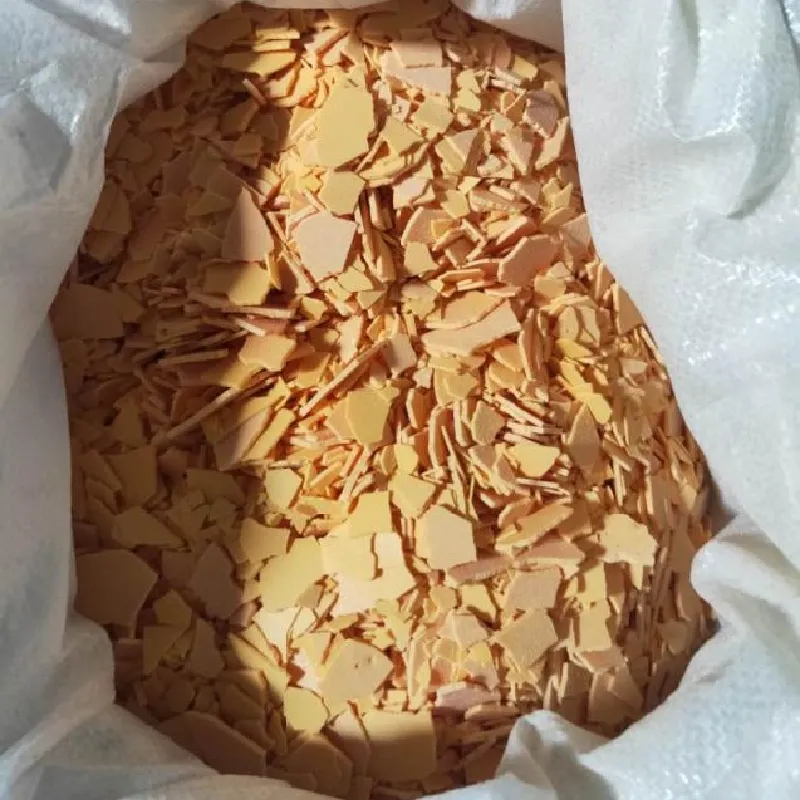
Natural Ingredients for Beverage Preservation and Extended Shelf Life Options
Natural Preservatives for Beverages A Sustainable Approach to Shelf Life
In an age where consumers are increasingly aware of the ingredients in their food and beverages, natural preservatives have gained significant traction. As people lean towards healthier lifestyles and seek out products that avoid artificial additives, natural preservatives have become essential in the beverage industry. This trend reflects a broader desire for sustainability, transparency, and health-conscious choices.
Understanding Natural Preservatives
Natural preservatives are substances derived from natural sources that extend the shelf life of products while maintaining their quality and safety. Unlike synthetic preservatives, which can provoke adverse reactions in some consumers, natural alternatives tend to be safer and more acceptable. They are often derived from plant sources, including herbs and spices, presenting a dual benefit of flavor enhancement along with preservation.
Common Natural Preservatives in Beverages
1. Citric Acid Found predominantly in citrus fruits like lemons and limes, citric acid is a widely used natural preservative. It not only lowers the pH of beverages, creating an environment less conducive to microbial growth but also enhances flavor.
2. Rosemary Extract This herb is not only celebrated for its culinary uses but also known for its antioxidant properties. Rosemary extract helps in inhibiting the spoilage of beverages, particularly in products predisposed to oxidation, such as fruit juices and teas.
3. Honey With its natural antibacterial properties, honey is an excellent preservative for beverages. It is often used in herbal teas and health drinks, lending a sweet flavor while extending shelf life.
4. Vinegar An age-old preservative, vinegar, particularly apple cider vinegar, has been utilized to enhance the longevity of various beverages. Its acidity creates an unfavorable environment for bacteria, ensuring a safer product.
5. Salt While often associated with food, salt also plays a crucial role in preserving beverages, particularly in naturally fermented drinks like kombucha and kefir. It helps maintain the beverage's taste and inhibits the growth of harmful microorganisms.
natural preservatives for beverages

6. Ascorbic Acid (Vitamin C) Naturally found in many fruits, ascorbic acid has antioxidant properties that help preserve color and flavor while extending shelf life. It is particularly common in fruit juices and smoothies.
Benefits of Using Natural Preservatives
The shift towards natural preservatives is not only driven by consumer preference but also by the benefits these substances offer.
- Healthier Options Natural preservatives enhance the safety of beverages without the adverse effects associated with synthetic options. They often come with additional health benefits, such as antioxidants. - Enhanced Flavor Many natural preservatives can improve the taste of beverages, making them more appealing to consumers. For instance, herbs like basil or mint can add a refreshing note while serving as a preservative. - Sustainability Using natural preservatives aligns with sustainability goals. Many of these substances can be sourced sustainably and are biodegradable, reducing environmental impact. - Transparency By using natural ingredients, beverage manufacturers can market their products more transparently. This honesty resonates with consumers seeking to avoid chemicals and additives.
Challenges in Using Natural Preservatives
While natural preservatives offer numerous advantages, they also present some challenges. Their effectiveness can be variable, often dependent on the beverage formulation and storage conditions. Additionally, the flavor profiles of some natural preservatives may not suit all beverages, requiring careful formulation to balance taste and preservation. Furthermore, the cost of sourcing high-quality natural preservatives can be higher than synthetic alternatives, impacting pricing strategies for manufacturers.
The Future of Beverage Preservation
As demand for transparent, health-conscious products continues to grow, the beverage industry is likely to see increased innovation in natural preservation methods. Research into new natural preservatives and techniques will likely lead to more effective solutions that meet consumer needs. Moreover, the exploration of fermentation and other natural preservation methods can expand the options available to manufacturers.
In conclusion, natural preservatives represent a crucial element of the modern beverage industry. They align the need for safety and longevity with consumer desires for health and sustainability, paving the way for a more conscious approach to beverage production. As the industry evolves, the role of natural preservatives will undoubtedly expand, reflecting the ongoing shift towards better, healthier choices for consumers worldwide.
-
nitrile-rubber-honoring-strict-production-standardsNewsAug.22,2025
-
aspartame-ingredients-honoring-food-safety-valuesNewsAug.22,2025
-
fertilizer-for-balanced-plant-nutritionNewsAug.22,2025
-
cyanide-gold-processing-with-high-purity-additivesNewsAug.22,2025
-
formic-acid-in-textile-dyeing-applicationsNewsAug.22,2025
-
aluminum-hydroxide-gel-in-skincare-productsNewsAug.22,2025
-
Regulatory Compliance for Global Mining Chemicals UseNewsAug.12,2025
Hebei Tenger Chemical Technology Co., Ltd. focuses on the chemical industry and is committed to the export service of chemical raw materials.
-

view more DiethanolisopropanolamineIn the ever-growing field of chemical solutions, diethanolisopropanolamine (DEIPA) stands out as a versatile and important compound. Due to its unique chemical structure and properties, DEIPA is of interest to various industries including construction, personal care, and agriculture. -

view more TriisopropanolamineTriisopropanolamine (TIPA) alkanol amine substance, is a kind of alcohol amine compound with amino and alcohol hydroxyl, and because of its molecules contains both amino and hydroxyl. -

view more Tetramethyl Thiuram DisulfideTetramethyl thiuram disulfide, also known as TMTD, is a white to light-yellow powder with a distinct sulfur-like odor. It is soluble in organic solvents such as benzene, acetone, and ethyl acetate, making it highly versatile for use in different formulations. TMTD is known for its excellent vulcanization acceleration properties, which makes it a key ingredient in the production of rubber products. Additionally, it acts as an effective fungicide and bactericide, making it valuable in agricultural applications. Its high purity and stability ensure consistent performance, making it a preferred choice for manufacturers across various industries.





